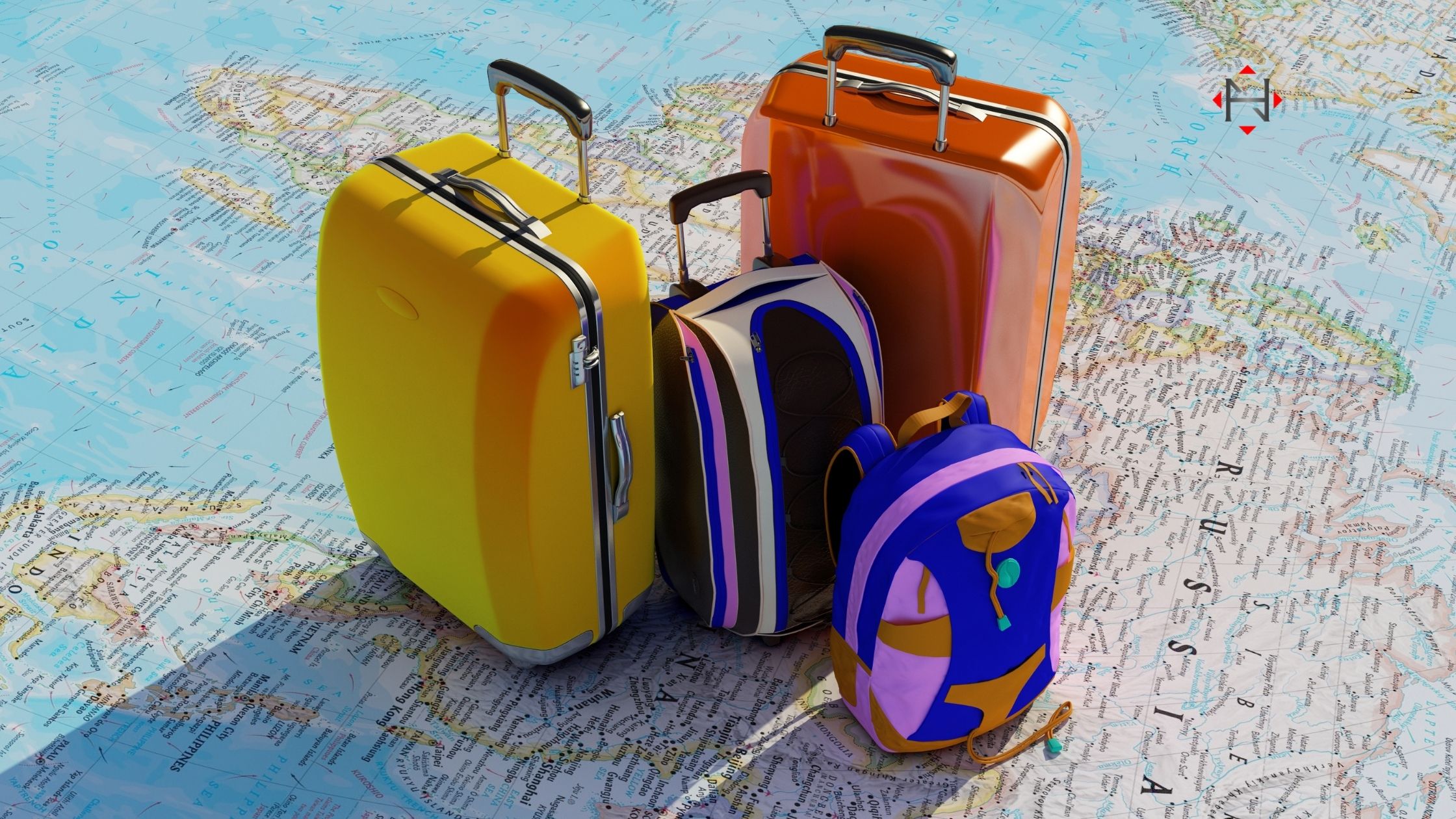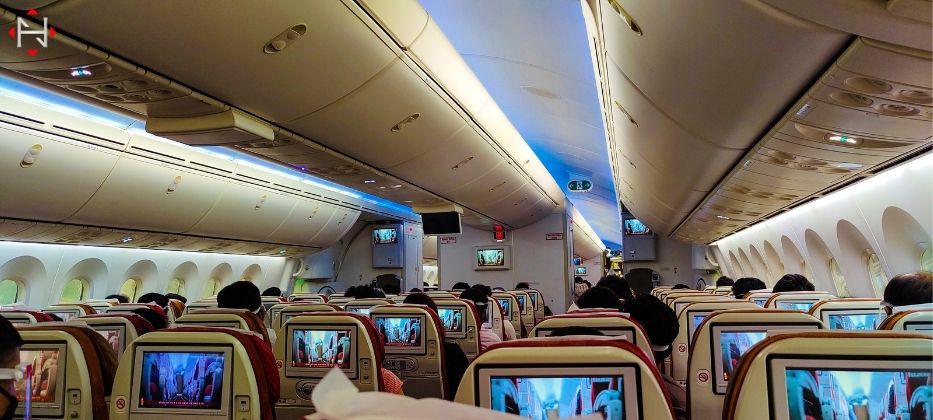The spread of the coronavirus has ravaged the entire world in 2020. Many industries ended up facing huge losses due to the lockdowns that were imposed across the world. Some of the worst-hit victims of this purge include the Indian Tourism Industry. Simply put the travel industry includes all sorts of transportation, accommodation, and trips or tours that are done both internationally and domestically. The industry as a whole has suffered losses that combine up to over 100 Million dollars. This article will explore how the COVID-19 pandemic led to the failure of the industry, the current scenario of travel and tourism, and what do future prospects look like.
Why the damage?
Obviously, just like any other field, coronavirus had a huge disruptive role in the travel and tourism industry as well. But let us specifically understand why this segment was so badly hit and is still finding difficulty from recovering.
First of all, as the name itself suggests, the industry is reliant on people moving and traveling. However, in efforts to curb the spread of the virus, almost every country in the world restricted interstate and international tourism and other forms of travel. You could not enter or exit the region you were locked down in so that you didn’t become a fresh case. Because of this, there was literally no way for people to even consider tourism as there was no way out.
Secondly, you had the risk of the actual virus itself. People were fearful of moving around for holidays and leisure even when the lockdowns were eased or lifted. The threat was the virus was still present so no one wanted to be foolish enough to risk it.
Lastly, due to the fall of so many businesses, entrepreneurs and employees all found themselves lacking income and salaries. For the sake of survival, everyone had to turn to frugal lives and luxury expenses such as a trip or holiday were simply out of the reach of most people who were struggling to make ends meet.
Current Scenario:
Currently, many countries have slowly started recovering from the damages caused by the Coronavirus. Many countries are slowly removing lockdown restrictions and allowing the movement of the public. In fact, international travel restrictions are also slowly loosening. Therefore, everyone should take precautions while traveling during COVID-19 and follow the COVID-19 guidelines to protect themselves and others from this deadly disease. However, there are a few exceptions; countries like India, the USA, and Brazil that still have a very high caseload are actively dissuading international travel for fear of transmission. Even other countries have closed their borders off for them.
Now, on the domestic front, many hotels, and restaurants have started reopening to cater to the general public’s needs. Travel options such as railways, roadways, and airlines have also been allowed in many different countries. This way, businesses have are finally being able to bounce back and start generating revenue again.
Future Prospects:
As we are slowly seeing recovery across the world, many experts suggest that the travel and tourism industry can expect to bounce back by the third quarter of 2021, and it will return to the pre COVID levels eventually, sometime after 2023. This data is based on the effectiveness of how countries are being able to control the outburst of the coronavirus in their specific regions.
If you are wondering how and where to travel during COVID, there are also talks for the development of a vaccine passport of sorts for showing international travels to people who are proven to be safe from the virus. As the main risk of travel is believed to be a risk of transmission across borders, if it is ensured that the person traveling is corona-free while entering and exiting the nation, we can theoretically stop the spread. With this goal in mind, many countries are suggesting the development of a Vaccine Passport similar to the Yellow pass that indicates your history of inoculation and is verified by the World Health Organisation. Israel was one of the first few countries to develop a similar concept using their Green Pass in February 2021. The idea was to allow only those tourists who tested negative and had a certificate to show it whenever they enter the airport.
Bringing the article to a close, it is evident that COVID-19 had an unprecedented negative impact on the travel and tourism industry. However, even though it is a long journey ahead, strong vaccination programs and healthcare programs across the world are sure to achieve the dreams of reopening are our borders unanimously again.














